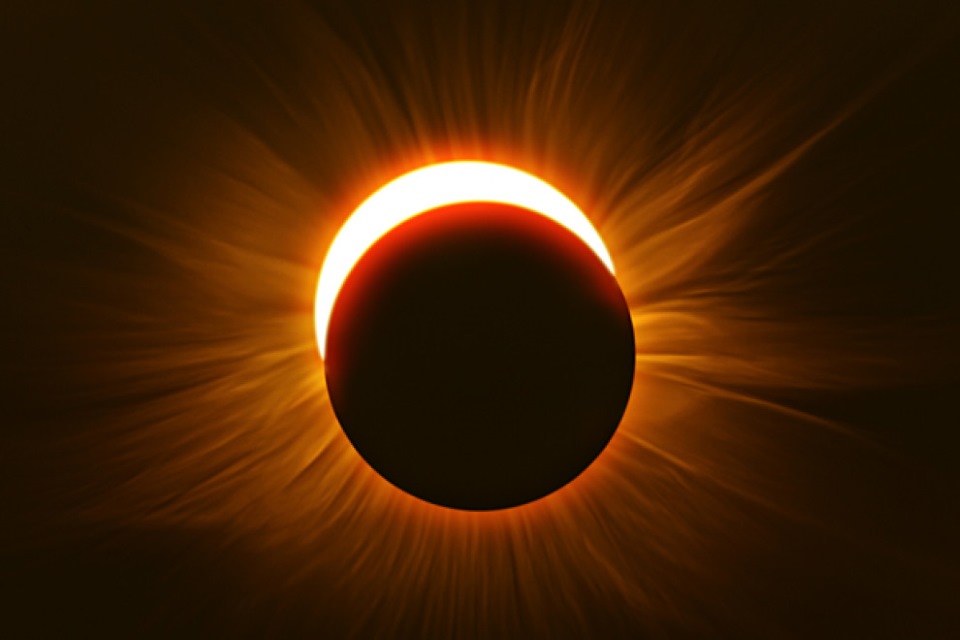
A total Solar Eclipse is happening on Monday, April 8, 2024. Read more about the safety guidelines.
Important Safety Guidelines
On Monday, April 8, 2024, there will be a total solar eclipse when the Moon moves between the Sun and the Earth. In Toronto, it is expected to be a near-total solar eclipse between 2:04 p.m. and 4:31 p.m., with the peak happening at 3:19 p.m. That’s when most of the sun’s light will be covered by the moon. Since this occurs when many people are returning home from school or work, it is important to plan ahead and take precautions.
How to Protect Your Eyes During a Solar Eclipse
It is dangerous to look directly at the sun any time – and even a brief look at the sun during the eclipse can cause irreversible damage to the retinas and loss of sight. Children particularly need to be carefully supervised during the event. To ensure the safety of this vulnerable population, all schoolboards in Ontario have declared a P.A. Day on the day of the eclipse.
To avoid eye damage during a solar eclipse:
- Do not look directly at the eclipse at all.
- If you want to look at the eclipse, only use safe solar eclipse viewers or filters that meet international standard ISO 12312-2. They will make the sun look comfortably bright like the full moon.
- Do not use homemade filters, sunglasses, camera lenses, smoked glass, photographic or x-ray film other things that are not specifically made for viewing eclipses.
- Eclipse glasses are NOT regular sunglasses; regular sunglasses, no matter how dark, are not safe for viewing the sun.
- Keep a close eye on children during a solar eclipse. Their eyes let in more light to the retina than adult eyes, so they are at higher risk of harm if they look at the sun without proper eye protection.
- It is recommended to avoid driving during the eclipse. If you must drive during this time, take the usual precautions as you would during the night - have your headlights on and be aware of potentially stopped vehicles. Do not attempt to view the eclipse or take pictures while you are driving.
For more information about the eclipse and additional safety tips, please visit https://science.nasa.gov/eclipses/future-eclipses/eclipse-2024/safety/.
Dangers of Viewing the Solar Eclipse Without Proper Eye Protection
Staring at the sun without protection may cause solar retinopathy, which is damage to your retina – the tissue at the back of your eye. Your retinas do not have pain sensors to signal damage from staring at the sun.
Symptoms may only surface 12 to 48 hours later and could involve retinal burns, temporary or permanent vision loss, and blurred vision. Unfortunately, once symptoms start, it is usually too late to reverse any resulting damage.
If you experience any changes in your vision following the solar eclipse, go to a hospital or your optometrist to be assessed. Do not drive.
2024-04-05